


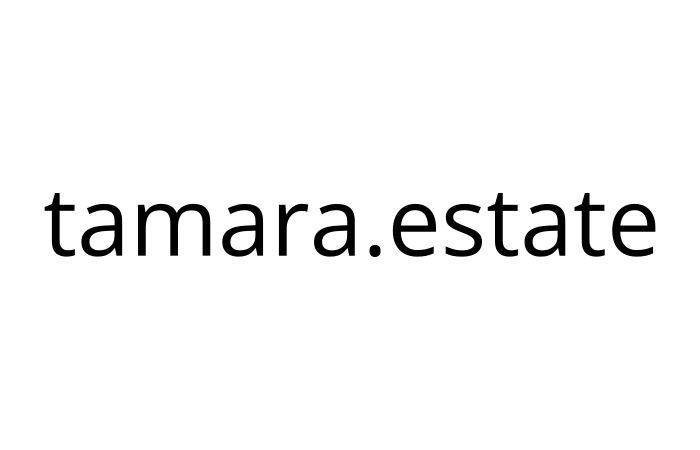

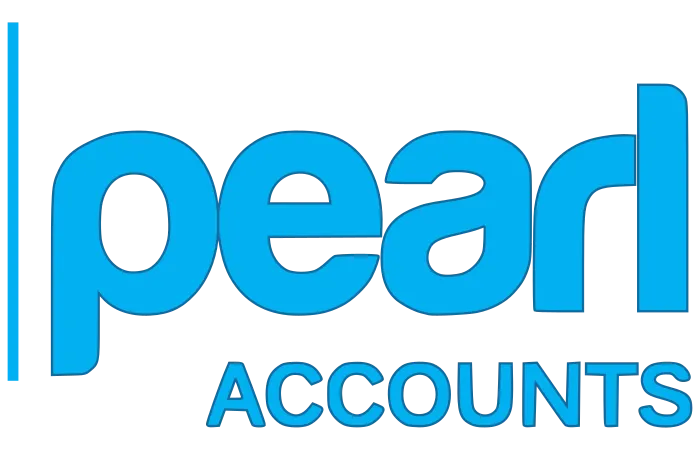

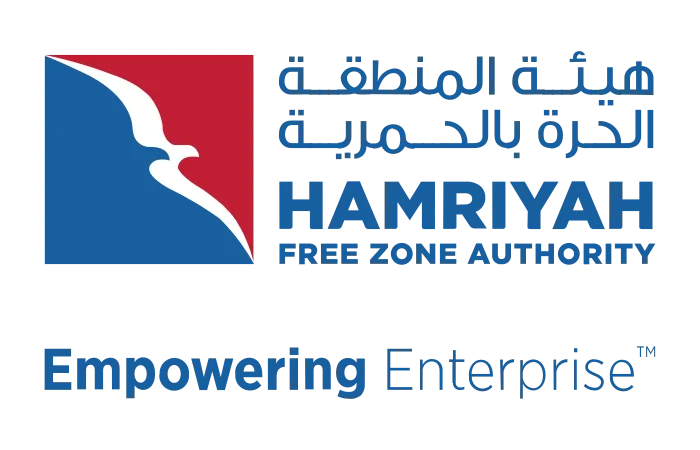





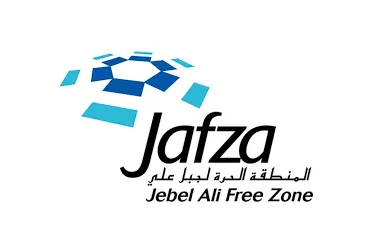

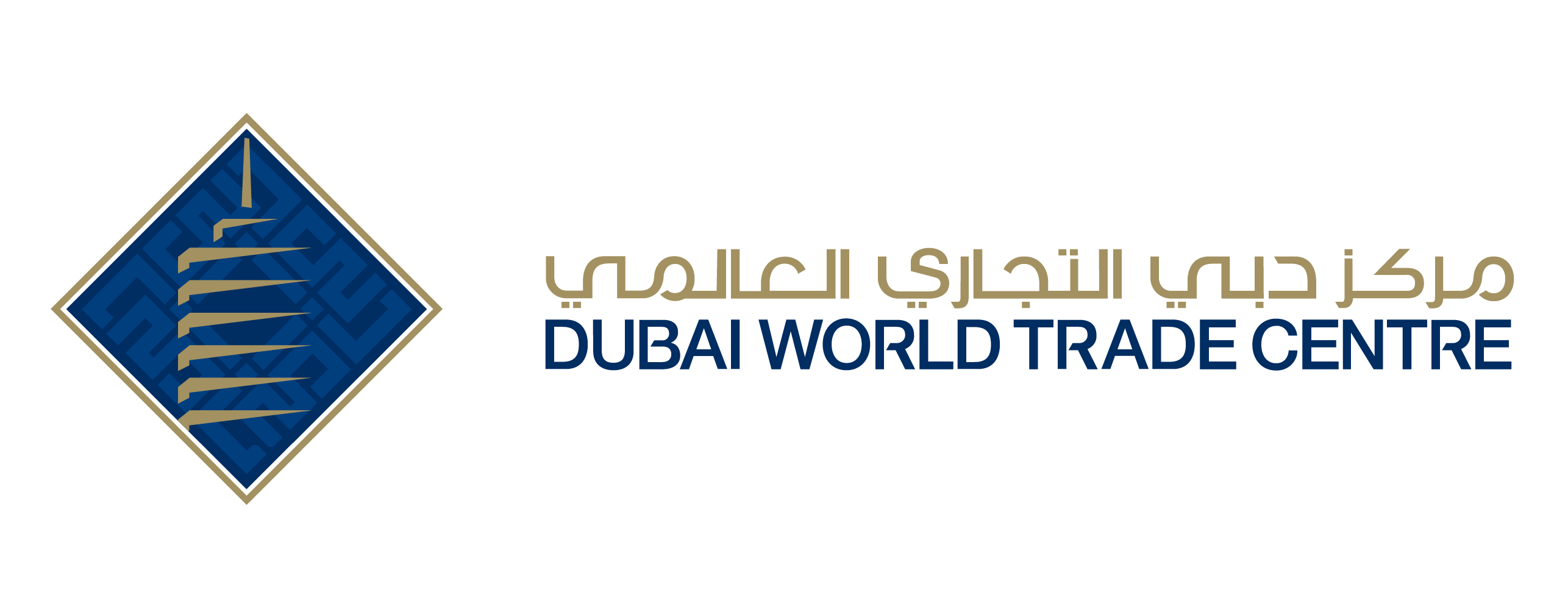


.png)
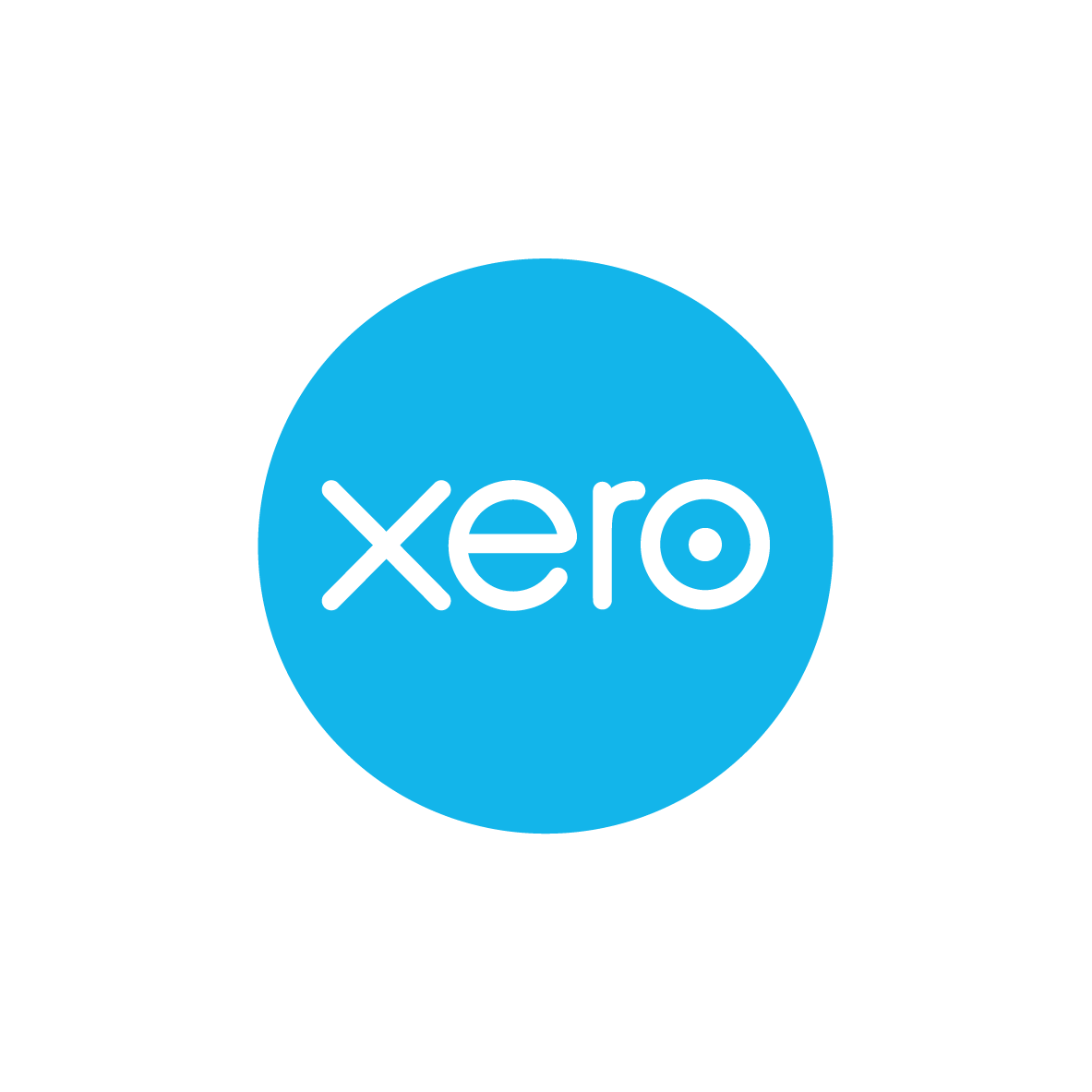







.png)
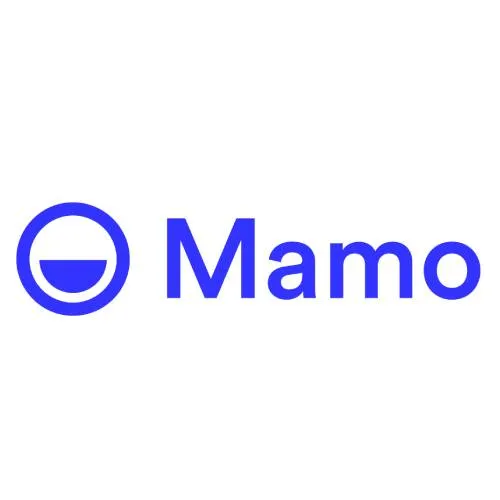






Yes, every company operating in the UAE must assess whether their revenue qualifies as taxable supply under the VAT Law. If taxable supplies exceed AED 375,000 in the past 12 months (or are expected to exceed this in the next 30 days), VAT registration becomes mandatory. If you expect revenue between AED 187,500 and AED 375,000, voluntary registration is permitted and often advisable.
In cases where revenue is not subject to VAT (e.g., outside-scope or exempt supplies), we assist clients in applying for a VAT exception. Failure to submit the registration on time can result in significant administrative penalties. Our team ensures that assessments are done accurately, and registration deadlines are met without risk.
Designated Zones are treated as outside the UAE for VAT on certain goods, but not for all transactions. Misclassification can lead to penalties. We help ensure your contracts, invoices, and goods movement align with Designated Zone rules, and that your VAT filings accurately reflect zero-rated, exempt, and taxable transactions.
Yes, all businesses, whether taxable or not, are required to register for Corporate Tax (CT). Even if you qualify for Small Business Relief or are below the AED 375,000 profit threshold, registration and annual filing are mandatory. We handle registration, prepare your tax returns, and guide your compliance strategy.
A QFZP is a Free Zone company that earns qualifying income and meets specific conditions such as having adequate substance, audited accounts, and electing for the 0% regime. Not all Free Zone businesses automatically qualify. We assess your eligibility, optimize your activities, and manage your CT compliance to secure and maintain this status.
If your revenue is below AED 3 million during the relevant financial year (until 2026), you may apply for Small Business Relief, which allows you to be treated as having no taxable income. We help you make this election properly and ensure it aligns with your broader tax strategy and reporting obligations.
Certain holding structures, regulated trusts, foundations, and family funds may be eligible for exemption, provided they meet specific licensing, activity, and regulatory criteria. We design ownership and group structures that protect your assets while minimizing your tax exposure, within full legal boundaries.